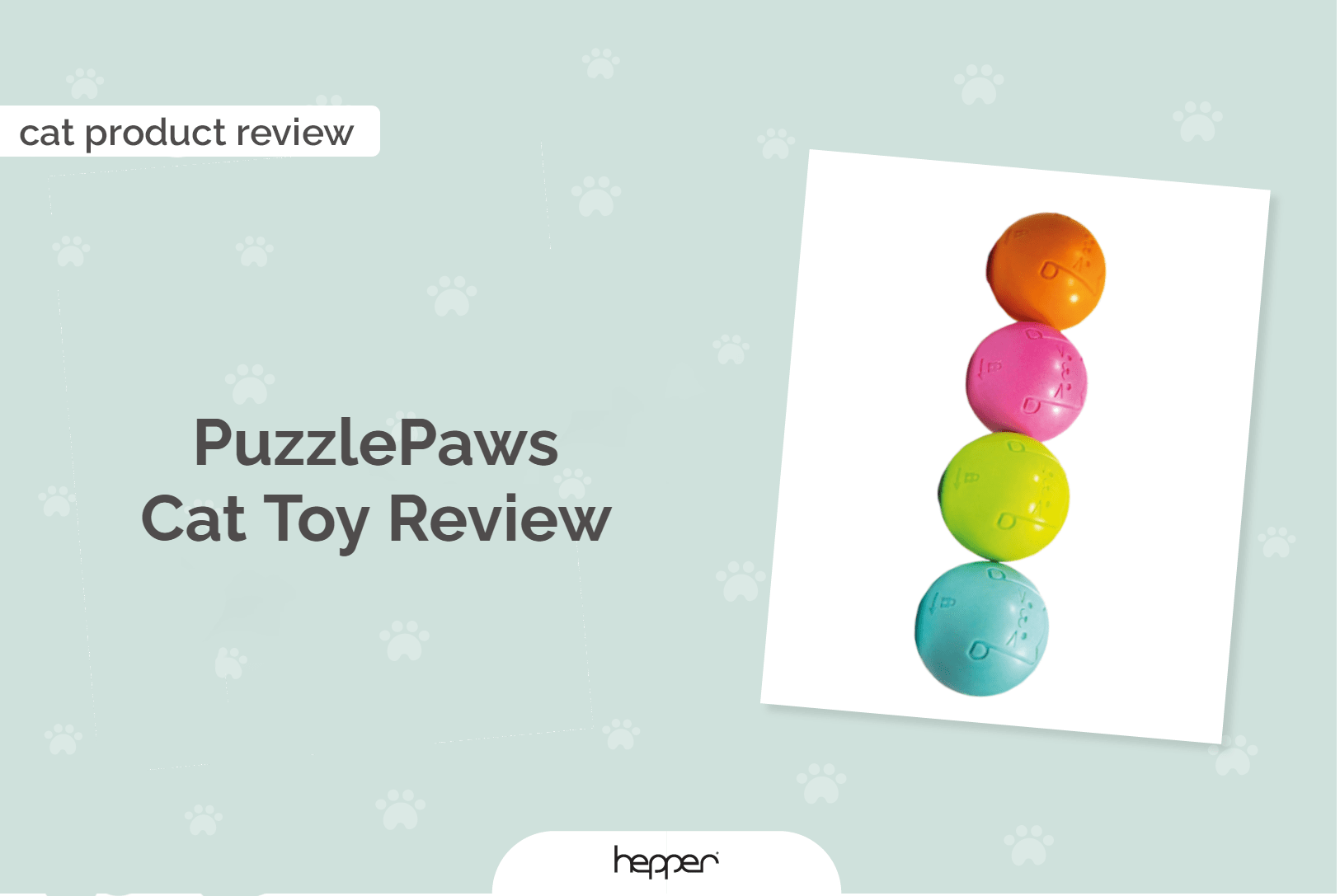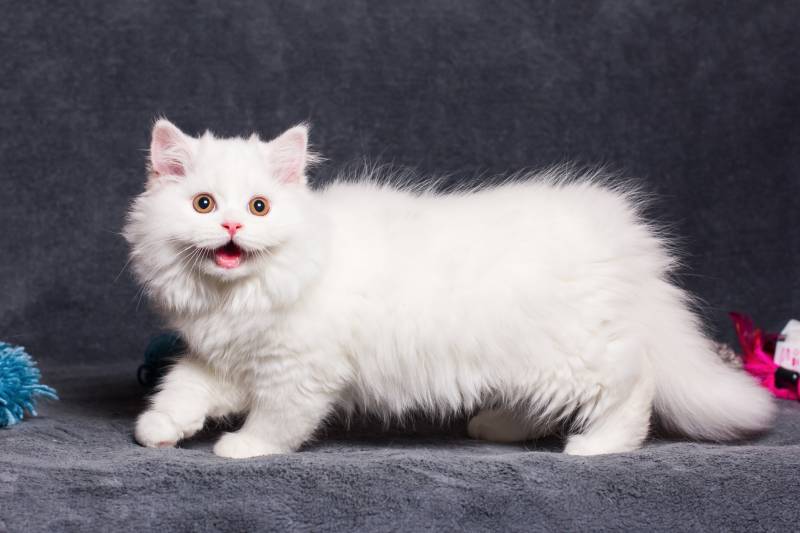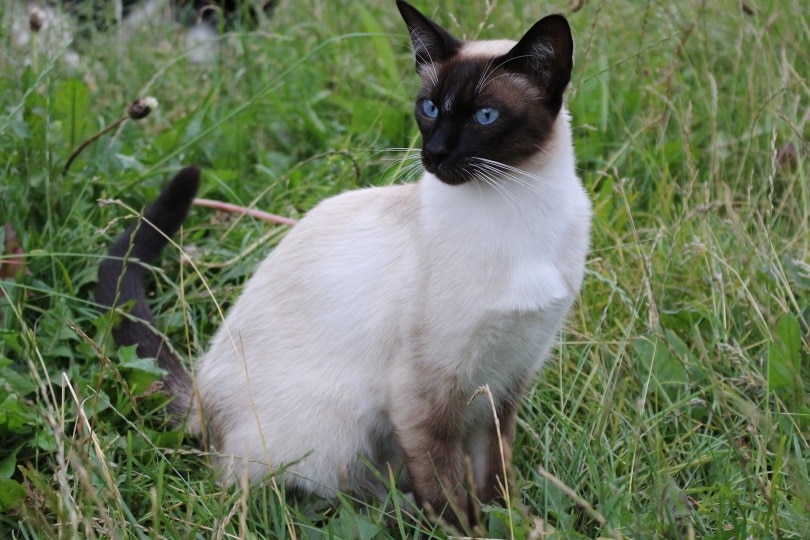Can Cats Eat Caramel? Vet Approved Facts & FAQ
Updated on

Click to Skip Ahead
Cats are interesting characters, to say the least. You never know what they are going to do next! They could be lazily sleeping one minute and then running amok throughout the house the next. They might turn up their nose at the fresh chicken that you’ve just cooked for dinner but then show interest in that piece of caramel you’ve been saving for dessert.
So, would it be okay to share caramel with your cat? Is caramel safe for cats in general? The short answer is that caramel isn’t a healthy food option for cats in any shape or form. Read on to learn more.
Caramel Is Not Healthy for Cats
There is nothing healthy about caramel for cats. It’s typically made of sugar, heavy cream, and butter. Some varieties incorporate corn syrup and artificial ingredients, especially if they are commercially made. None of these things are healthy for felines and are not part of their natural diet. Here is why caramel can be problematic for cats.
Sugar
Cats cannot digest table sugar well because their bodies are not designed to do so. Eating sugary foods like caramel can cause gastrointestinal issues, such as diarrhea, vomiting, and abdominal discomfort. Consuming sugar can also cause problems in the long run, such as obesity, diabetes, and dental disease.

Cream/Milk
Cats are largely lactose intolerant. Kittens have an enzyme that enables them to digest their mother’s milk. However, once they are weaned, they generally stop producing that enzyme, and digestion of lactose can be extremely uncomfortable. If a cat drinks or eats dairy products, including caramel, they could end up with gastrointestinal distress.
Butter
Butter is full of fat, which isn’t something that cats need extra of in their diet. Excessive fat consumption can lead to abdominal pain and other gastrointestinal issues. Fat digestion can also trigger inflammation of the pancreas, of which lethargy, nausea, and vomiting are common signs.
Artificial Ingredients
There is absolutely no reason that a cat would eat anything artificial if they had a choice. Many can have a negative health impact overall. It’s best to skip caramel and any other food that contains artificial ingredients when it comes to feeding your furry family member.
Alternative Snack Options for Felines
It’s fun to give snacks and treats to our pet cats between meals. It makes us feel good about taking such good care of them, and it offers an opportunity to bond. There isn’t any reason that your cat’s treats cannot be tasty and healthy at the same time. Just remember that treats should not make up more than 10% of your kitty’s diet. Here are a few great treat/snack alternatives to consider offering your cat instead of caramel.
Freshly Cooked Meats
Most cats enjoy a nice snack of freshly cooked meat from the kitchen, so why not share your dinner with them once in a while? Whenever you’re cooking chicken or turkey, cut a small piece for your kitty before you season it. Let it cool down, and you’ll have a nice treat on your hands that your pet is sure to appreciate.
Eggs
Fully cooked eggs are a good source of protein and B vitamins for a cat. They also contain healthy omega fatty acids, which are necessary for a strong immune system and healthy mind. Like all treats and snacks, though, eggs should be offered in moderation and not as part of your kitty’s regular diet.
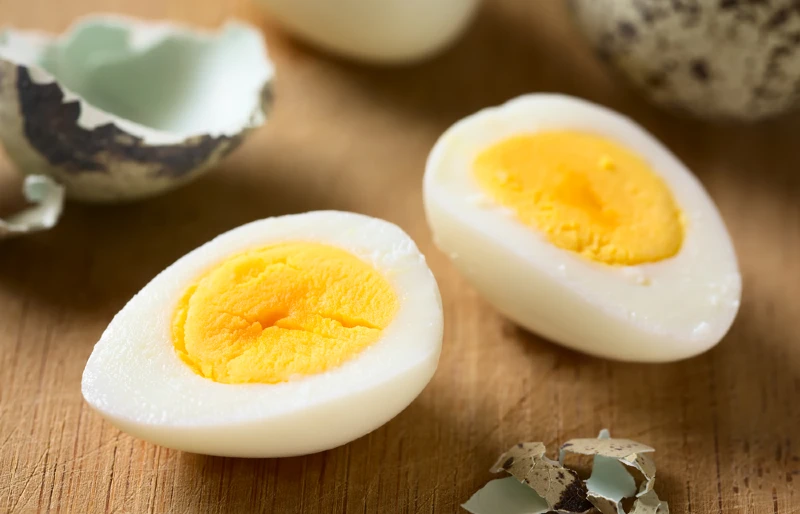
Commercial Treats
An easy way to treat your cat between meals is to offer them something commercially made that’s been formulated just for felines. Such treats are created with essential vitamins and minerals that are found in a cat’s natural diet.
FAQ
Is Caramel Poisonous to Cats?
Plain caramel made with real sugar is not poisonous to cats, so if your kitty happens to snag a little of your treat, there is no need to panic right away. Just read the ingredients list, and make sure chocolate is not included. If it isn’t present, your cat shouldn’t have any side effects unless they eat enough caramel to create temporary gastrointestinal distress.
However, if chocolate is present, it could cause serious problems. Chocolate is toxic to cats due to the theobromine that is contained in it.
- Irregular heartbeat
- Vomiting
- Diarrhea
- Restlessness
- Agitation
- Seizures
- Muscle and limb tremors
Chocolate intoxication can even result in death in large enough amounts. Therefore, it’s extremely important to keep caramel—or any food, for that matter—that contains chocolate away from your cat at all costs. If you even suspect that your cat has consumed any food with chocolate in it, contact the ASPCA Animal Poison Control Center at 888-426-4436.
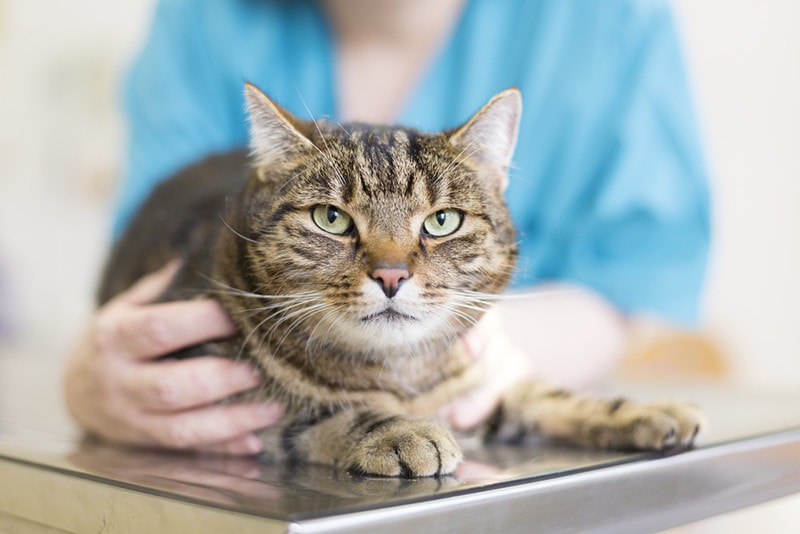
Can Cats Eat Homemade Caramel?
Homemade caramel is still made with butter, cream or milk, and sugar, so it’s best to avoid feeding it to your cat, just as you would with commercial caramel products. That said, you know exactly what is in your homemade caramel, so if your kitty gets into it, you will know exactly what they’ve consumed and can contact your vet for advice.
Can Cats Chew Caramel?
Cats may be able to technically chew a caramel piece, but the stuff is sticky, and it can be a problem for them to break it down enough for it not to be a choking hazard. If your cat swallows a piece of caramel that is too big, they can choke and suffocate. If the piece of caramel makes it into the gut, it could cause uncomfortable gastrointestinal side effects.
Can Cats Eat Caramel Sauce?
It’s not a good idea to give any caramel sauce to your cat, even if you can control the amount that they get and only offer a tiny amount. It is just as unhealthy as caramel pieces because it’s made from the same ingredients. There are many other types of treats that you can give your cat instead that they should enjoy even more than caramel.
Final Thoughts
Cats shouldn’t be eating any of your caramel. Keep that sweet delicacy to yourself, and opt for something “meatier” to give your kitty at snack time. They’ll be better off health-wise, and they won’t miss the caramel, because cats don’t have the taste buds to detect sweetness anyway.
Remember, if your cat eats something and you’re not sure if it’s safe, always reach out to your vet for advice.
Featured Image Credit: nelea33, Shutterstock


